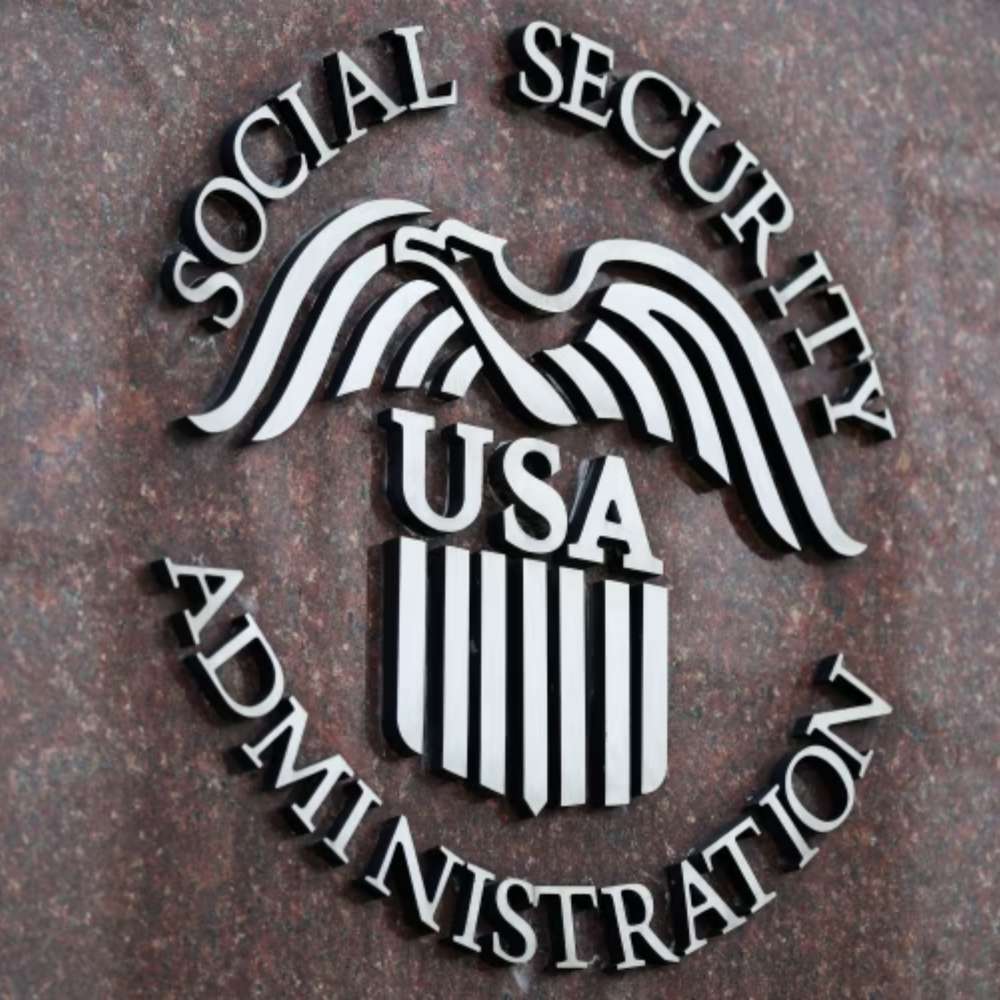Major Identity Verification Change Announced
Starting this April, all Social Security beneficiaries—both new and current—will be required to verify their identities in person at Social Security Administration (SSA) offices to continue receiving monthly payments. This significant change marks a departure from the previous system, which allowed recipients to verify their identities online through the SSA website. The updated policy stems from a directive issued under former President Donald Trump’s administration via the Department of Government Efficiency, led by Elon Musk, who has become a key advisor to Trump.
The rule is part of a broader overhaul aimed at tightening identity verification measures and reducing administrative costs. The administration has laid off 7,000 SSA employees as part of its efforts to streamline the system. According to officials, the move is intended to curb fraud, particularly following Musk’s claims that payments were being sent to deceased individuals. In-person identity verification, they argue, is a more secure method of confirming that beneficiaries are still eligible.
Public Reaction and Backlash
The new requirement has sparked concerns among elderly beneficiaries and other vulnerable groups, especially those who may struggle to make in-person visits due to health or mobility issues. Many fear that failure to comply with the new rules could result in their benefits being cut off, with accounts flagged as fraudulent or inactive. Recipients who rely on these payments for essential expenses now face additional barriers, potentially putting them at financial risk.
The policy shift has drawn sharp criticism from political leaders and advocacy groups. Former President Joe Biden, speaking publicly for the first time since leaving office, condemned the move, accusing the Trump administration of “taking a hatchet” to Social Security through widespread federal budget cuts. Biden had previously signed the Social Security Fairness Act, aimed at increasing monthly benefits by nearly $360 for retirees.
Further fueling controversy is a lawsuit against the SSA regarding its decision to share Social Security numbers and other personal information with Musk and the Department of Government Efficiency. Privacy advocates and legal experts have raised red flags over the access granted to non-government entities, warning of potential misuse and data security risks.
System Challenges and Administrative Response
Compounding the issue, the SSA’s digital services are experiencing increased strain. Many users have reported long hold times when calling SSA helplines, while others have faced technical difficulties with the “my Social Security” portal. Some Supplemental Security Income (SSI) recipients even received erroneous notices stating they were no longer receiving benefits. The SSA later confirmed that these notices were a mistake and assured the public that corrective measures were underway.
Despite the backlash, the administration maintains that these changes are essential for improving efficiency and preventing fraud. The White House has reiterated its position that Social Security benefits will not be reduced, asserting that the reforms are targeted at eliminating waste, not reducing payouts.
As the April deadline approaches, Social Security beneficiaries are being urged to comply with the new in-person identity verification requirement to avoid disruptions in their payments. However, growing pushback suggests this policy may face continued legal and political challenges in the months ahead.
Visit more of our news! Mr. Business Magazine







